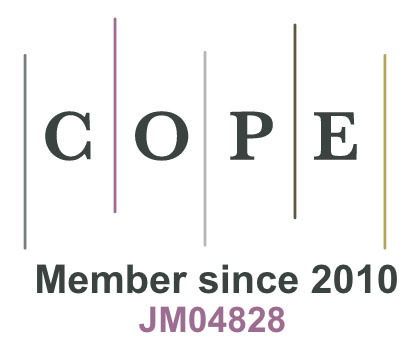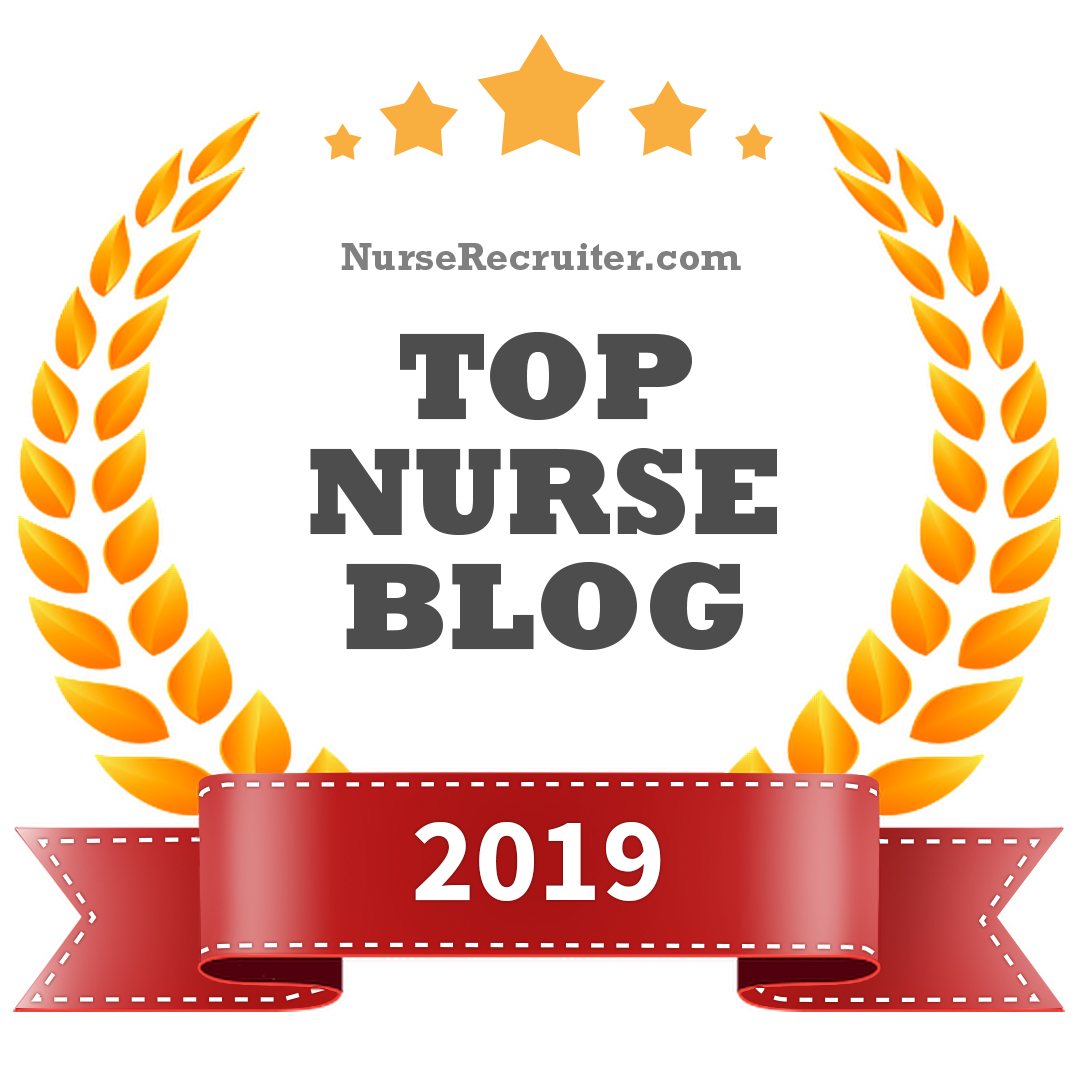Social Withdrawal and Migraine Headaches

Starting on March 18th, a new article will be featured for free download from the current issue of ANS! The article, titled “Social Withdrawal as a Self-Management Behavior for Migraine: Implications for Depression Comorbidity Among Disadvantaged Women,” is authored by Shawn M. Kneipp, PhD, RN, ANP-BC, APHN-BC and Linda Beeber, PhD, RN, CS, FAAN. Recognizing social withdrawal as a distinct, highly nuanced coping strategy in
symptom self-management, they explore its relevance for understanding migraine-depression symptoms within the life context of socially and/or economically disadvantaged women. They recommend further nursing research that draws from complexity science theory and methods to better understand these dynamics and ultimately improve care. Dr. Kneipp shared this message about their work for ANS readers:
I would not have expected to be writing on this topic two years ago. As is frequently the case with scientific inquiry, however, unexpected study findings, combined with ongoing clinical work and research with women who are socioeconomically disadvantaged, led me down this path. The unexpected findings came from a
clinical trial with women in a Welfare Transition Program (WTP), which suggested headaches may be associated with job loss in the previous year. Given the erosion of economic safety nets in the U.S. generally, and the current limits on economic assistance receipt through the Temporary Assistance for Needy Families (TANF, or ‘welfare’) program more specifically, obtaining and maintaining employment has become an even more critical social determinant of health for women who are socioeconomically disadvantaged.
From a number of prior studies, we have also known for a while that depression is highly prevalent in this group, that depression impedes women’s ability to function in the workplace, and that depression is most often present in the context of other chronic health conditions. Despite this, there are large gaps in the literature on headache symptoms (predominantly migraines for women) in relation to socioeconomic status and self-management, in the context of other highly prevalent disorders (i.e., depression), and the associated morbidity in terms of work-related functioning. This recognition, informed by clinical observation of how this population was often managing their migraine-related symptoms as they struggle to perform well at work, was the driving force in wanting to begin to pull the relevant disease-trajectory and self-management theoretical pieces surrounding this issue together.
The theoretical perspectives offered in this article underlie a current pilot study we are conducting to determine the feasibility of a novel data collection approach to further examine how disadvantaged women self-manage migraine symptoms. As with the majority of my research, women from the community of interest are playing a crucial advisory role in designing, conducting, and interpreting the findings from the pilot work. Given the preliminary feasibility findings, and looking to our future work in this area, nurse researchers have a great deal to contribute in the way of both theory and intervention development and testing to better manage comorbid health conditions, improve work-related functioning, and improve their odds of achieving economic self-sufficiency.
Go to the ANS web site now to download your copy of this article – it is important both in content and method. then come back here and share your thoughts, questions and ideas – we would be delighted to hear from you!







thanks Shawn and Linda for such a comprehensive and insightful exploration of the complexities the women with migraines live with. Coincidentally on our National Radio Morning Report this morning was a piece about incarcerated young people who carry a disproportionate prevalence of dyslexia and learning difficulties – arguably predisposing them to disadvantage in the education system and later for employment opportunities. It seemed timely then to read your research and foreground the challenge to nurses that poverty and inequity are health issues – and that the health interventions we should be advocating for must include addressing these issues alongside the apparent health conditions.
i look forward to reading more from you!